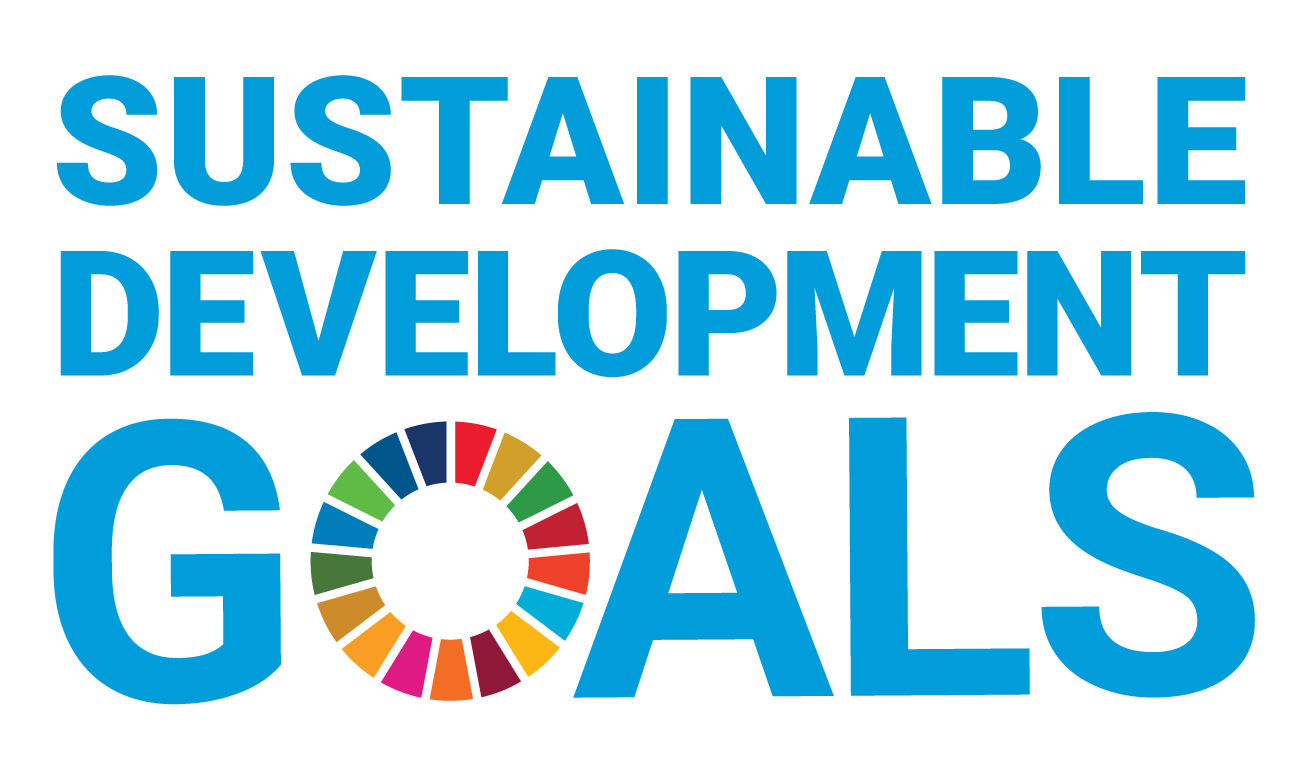
Cattle ranching and soy production have been Paraguay’s main industries for decades. However, they have failed to strengthen the country’s economy, and have destroyed or damaged much of its woodlands. Other promising industries, such as forestry, have been neglected as agriculture has expanded.
The project spans across a 2,309-hectare estate in eastern Paraguay which was previously used for intensive farming. Around a quarter of its natural forest is still intact, but has been heavily damaged. This project will restore these forests to good health and create a sustainable wood industry that balances the health of the forest ecosystem and the needs of the local economy.
Quick-growing exotic trees are planted in strips through the damaged areas of land, replenishing the forests and improving ecosystem resilience in the area by encouraging biodiversity. Certain trees will consequently be harvested in cycles, creating sustainable, climate-friendly jobs for local people. The project has been awarded a first-of-its-kind license from Paraguay's government, who are keen to see if it could be replicated elsewhere.
To learn more about the Sustainable Development Goals verified by the standard for this project, please check the registry link.
